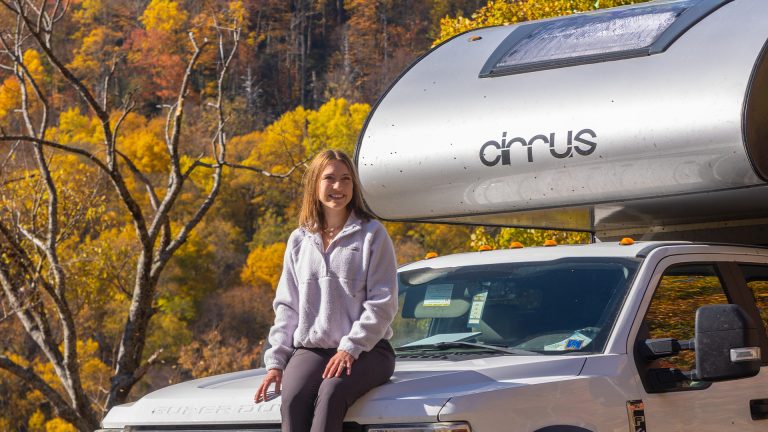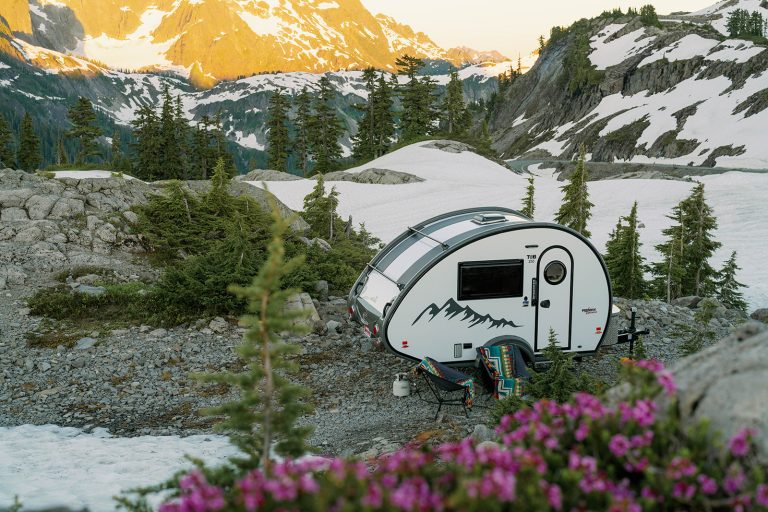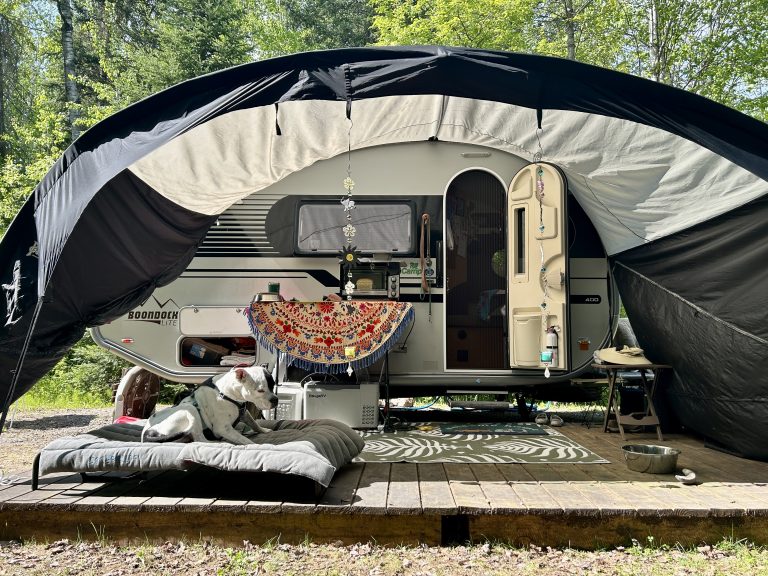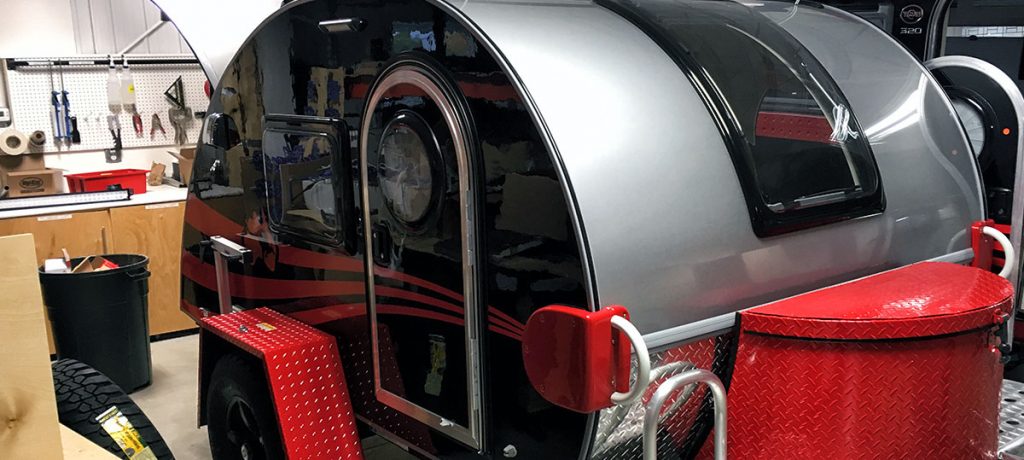Keeping your camper well maintained is key to having it provide many years of safe and comfortable road-tripping. According to RV Preventive Maintenance 101, RV maintenance falls under three category types:
- Preventive maintenance done before a problem exists.
- Scheduled/routine maintenance performed based on time, mileage or hours, or your manufacturer’s guidelines.
- Emergency maintenance needed because of component, system or mechanical failure. Plan ahead: Know the location and contact info for camper service providers where you’ll be traveling.
The following tasks cover the first two types, which will hopefully help prevent the third! As always, follow the manufacturer’s guidelines for specific recommendations.
Keep a running To-Do list
- While you’re on the road, make a list of any issues or areas of concern. Slow-draining sink or toilet? Problem with appliances? Rusty or almost-empty propane tank? Fix the issue as soon as you get home to prevent future mid-trip breakdowns.
- Worried about possible water leaks? Read 5 Tips for Checking Your RV for Water Damage to catch problem areas before they become costly fixes.
Eyeball your RV
- Give your camper a visual inspection inside and out and from top to bottom. Look for signs of rust or body damage, worn or leaking gaskets, seals or seams, and any roof issues.
- While you’re checking tread wear on the tires, Campers Inn RV also suggests tightening your RV’s wheel lug nuts and checking tire pressure.
- If your RV has an awning, check it for mold and mildew, any tears, or problems with the supports.
Run a system check
- Test all the electrical components and connections to make sure they are operational. Make sure your hook-up cables are solid.
- Test your battery, aiming for a full charge. According to Campers Inn RV, after three years, the battery on a towable RV starts to lose capacity, while one in a drivable RV can go another two more years before getting a little iffy.
- Service the RV generator, and be sure to run it periodically even when it’s stored, says Camping World. Depending on your type of RV, it may also be time for a fluid change or air, fuel, coolant, and hydraulic filters replacement.
Tidy the tanks
- Empty both tanks according to the manufacturer’s directions. (Axle Addict has instructions for both the freshwater and black water receptacles.)
- Planning to park your camper for the season? Follow the tips for winterizing your tanks.
Create a maintenance schedule
- Track what you did and when you did it. (Goin’ RV Boondocking has a great chart online that’s also available as a downloadable pdf. RV Living.net also has a detailed list.)
- Note any potential problem areas that may indicate future problems but not in need of immediate servicing.
Recent Articles

December 29, 2025
2025 was quite the year — one that took us around the entire perimeter of the United States.
If you had told us at the …
Read Article

December 22, 2025
Winter may not be the season most people associate with camping—but it can be one of the most unforgettable ways to experi …
Read Article

December 15, 2025
“I would love to do that.” became “I think I can do that.”
Shortly after purchasing my first TAB, I s …
Read Article

December 8, 2025
If you spot a woman bouncing with excitement and waving energetically at nuCamp teardrops, don’t worry — that’s ju …
Read Article

